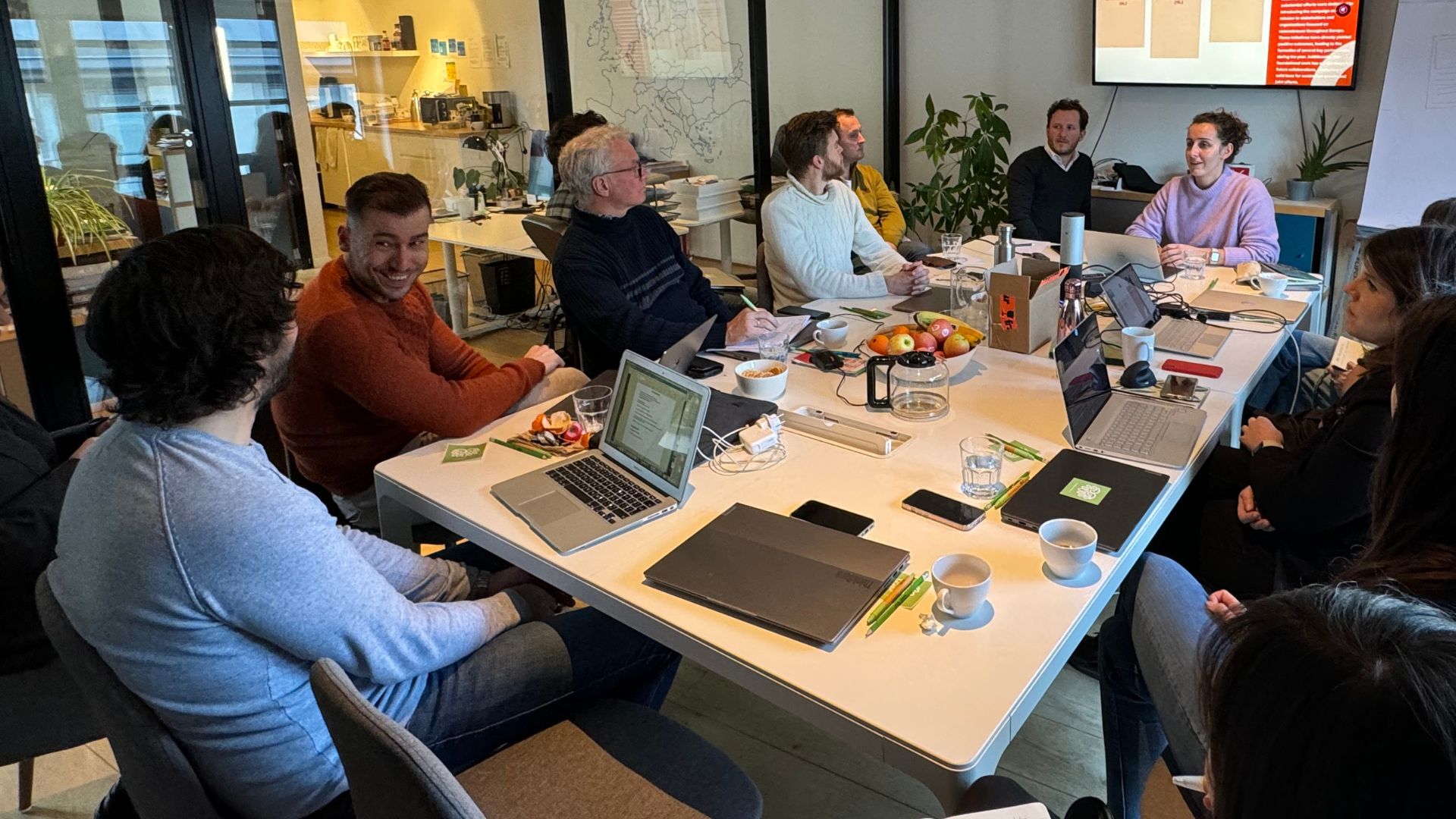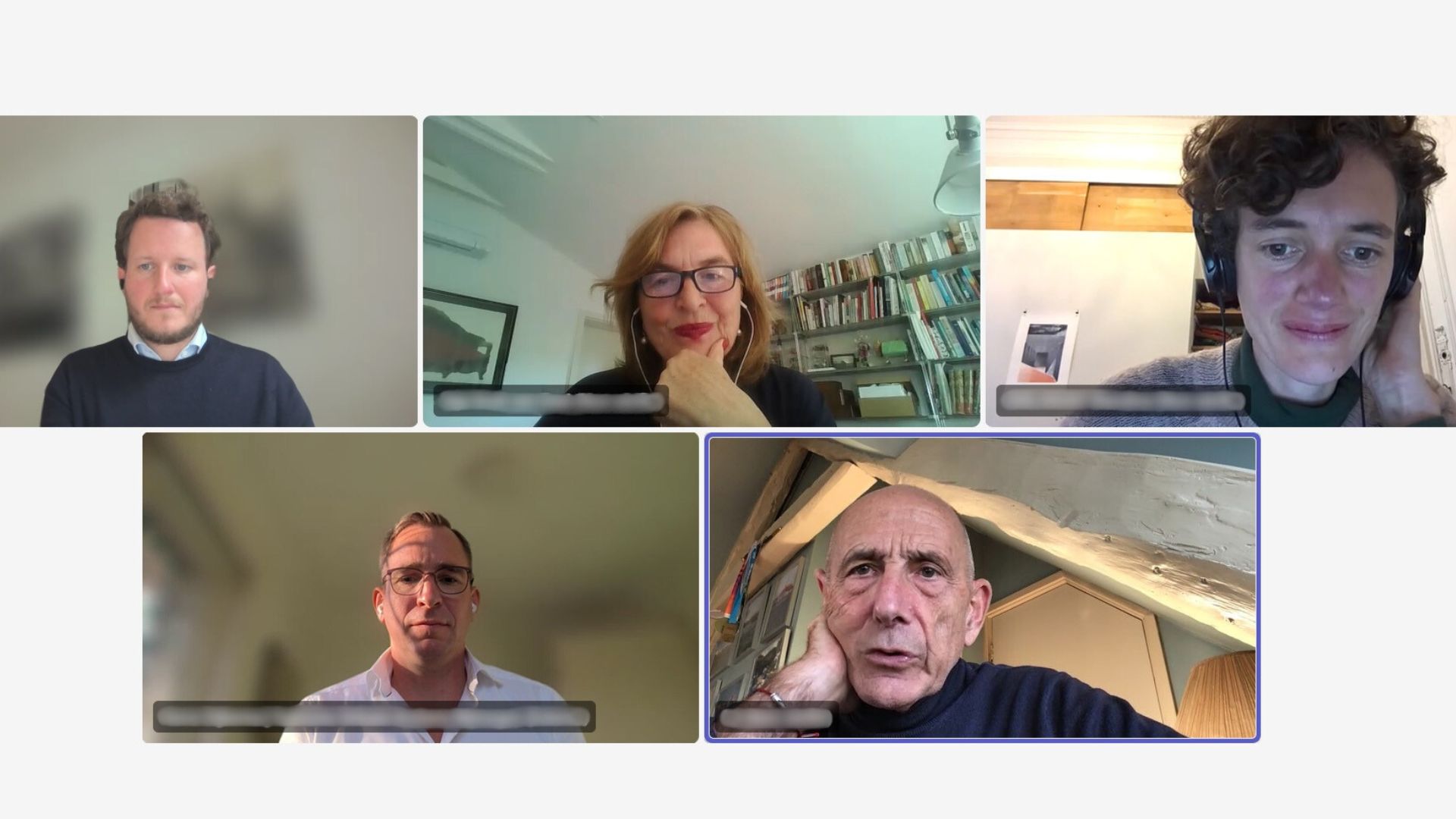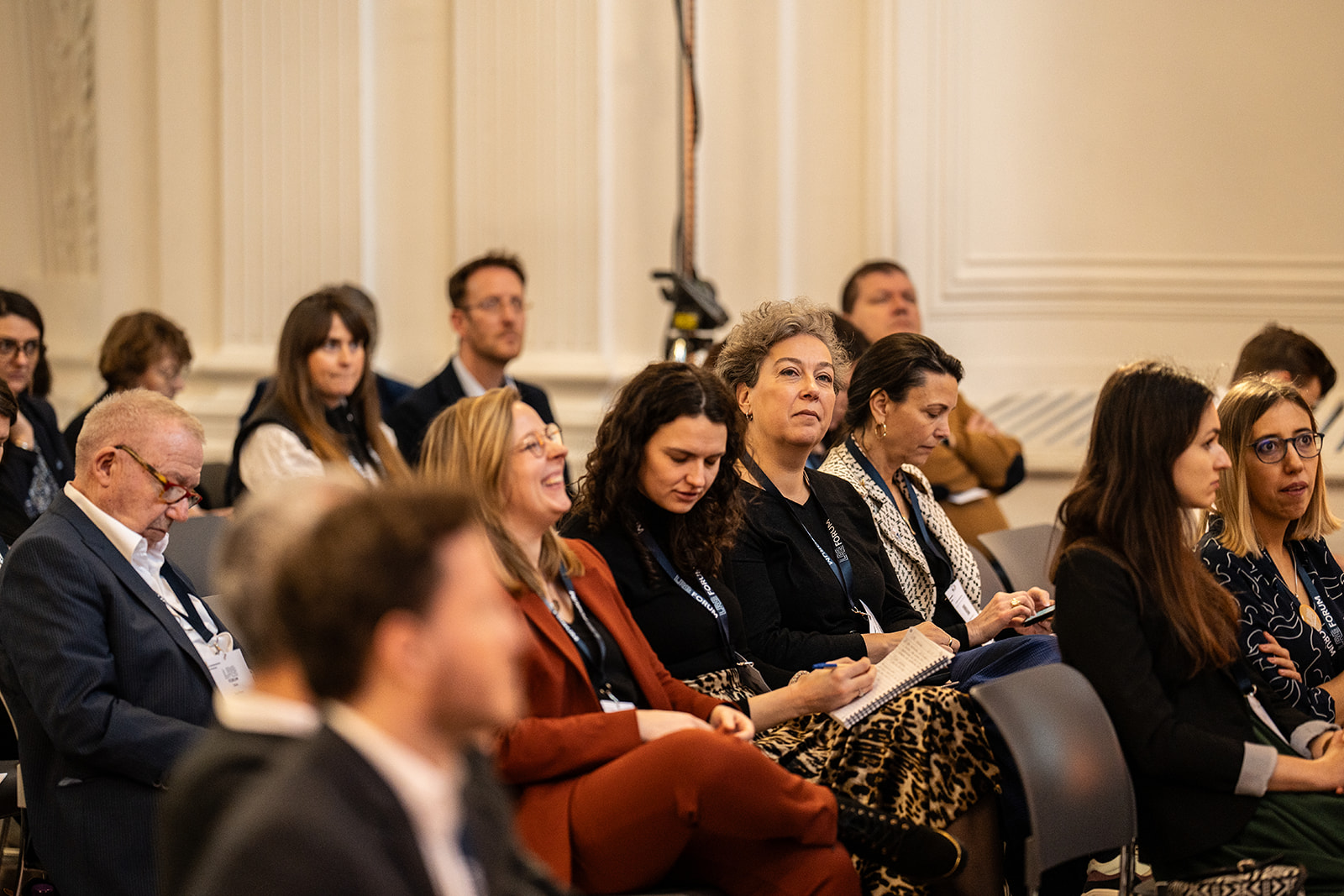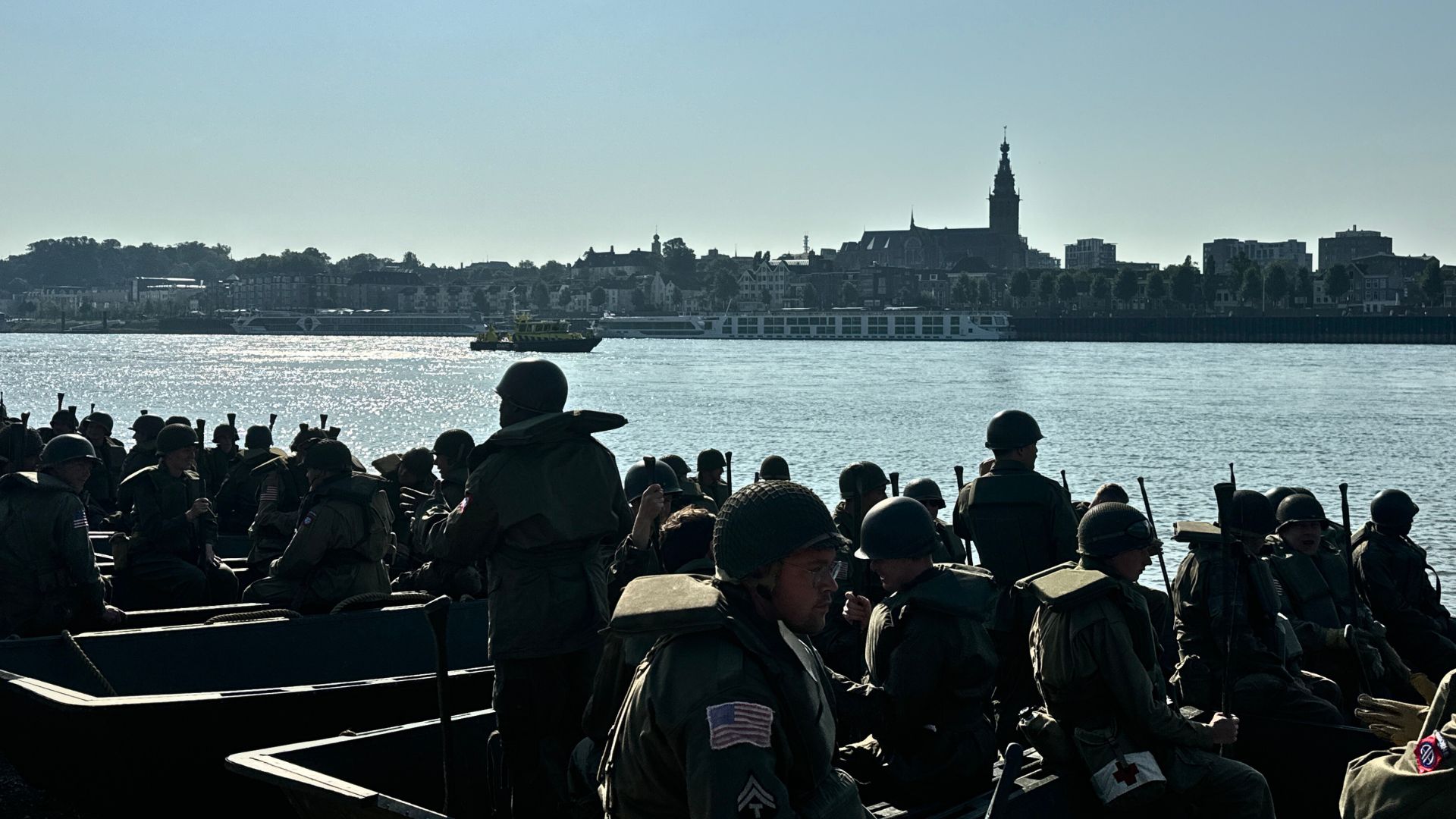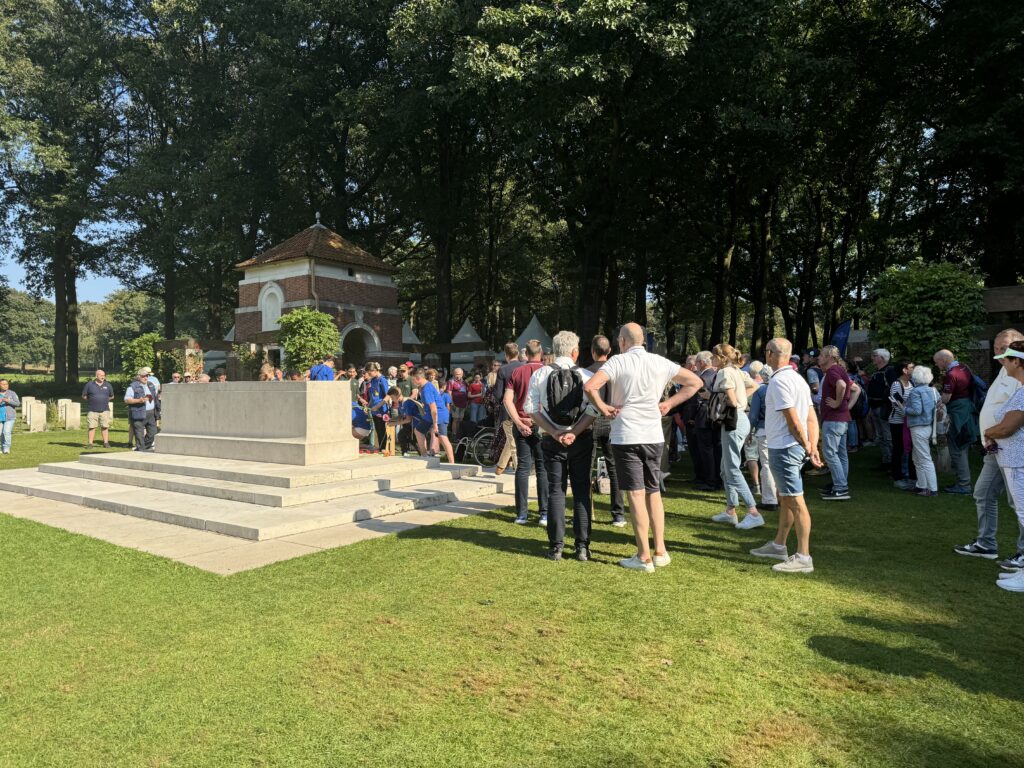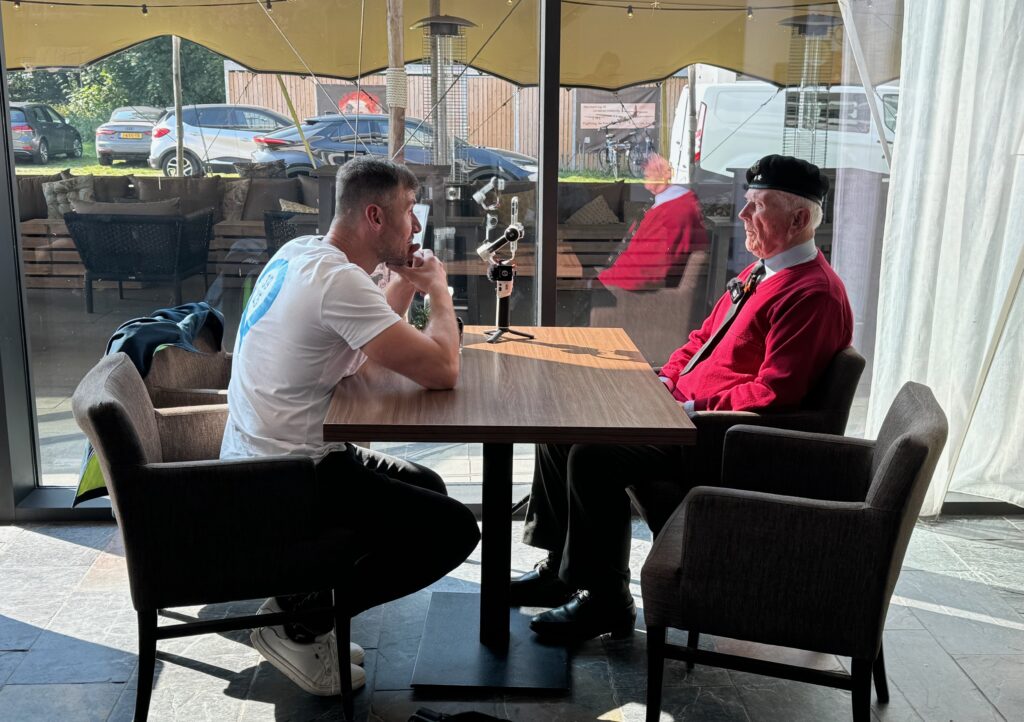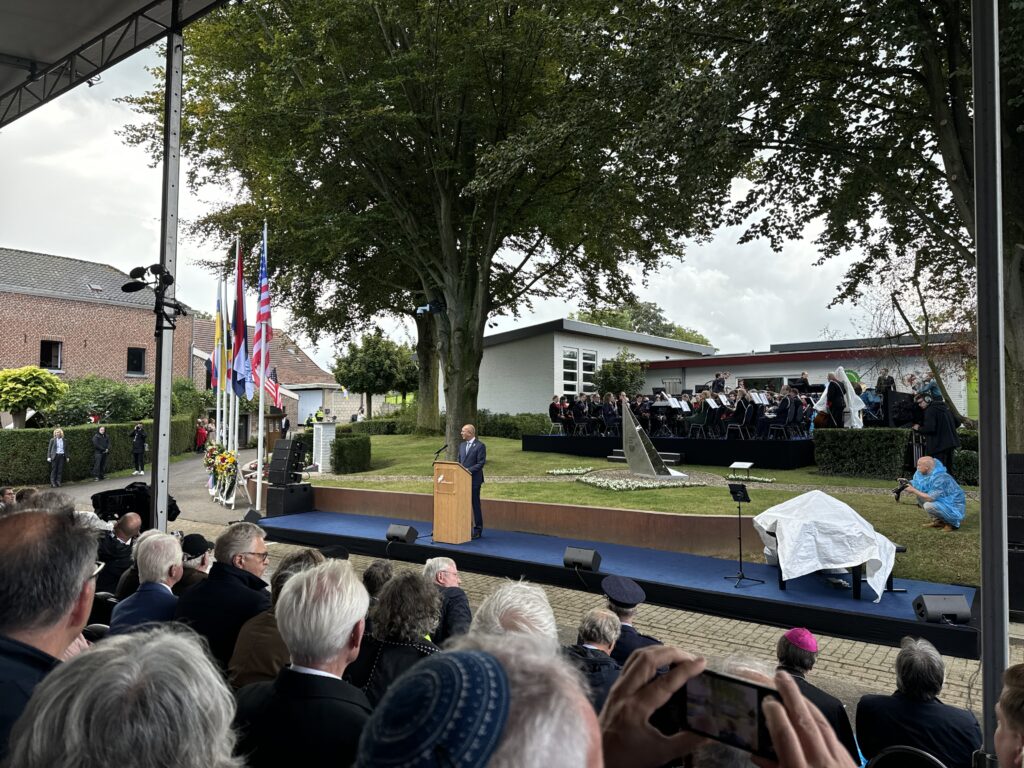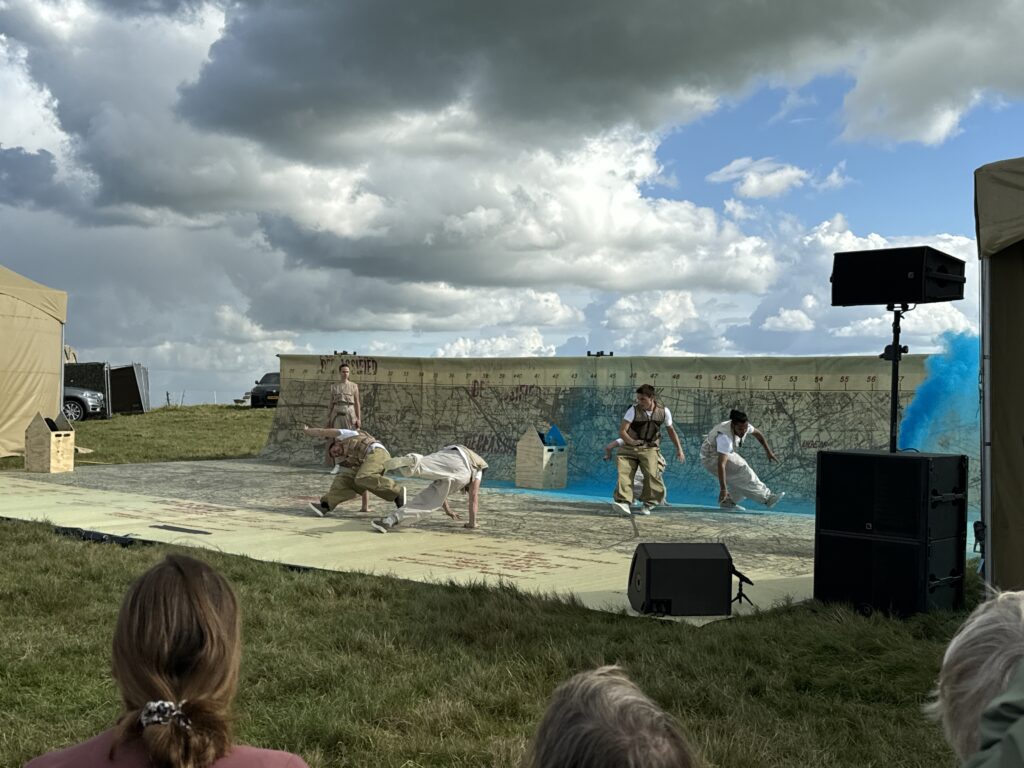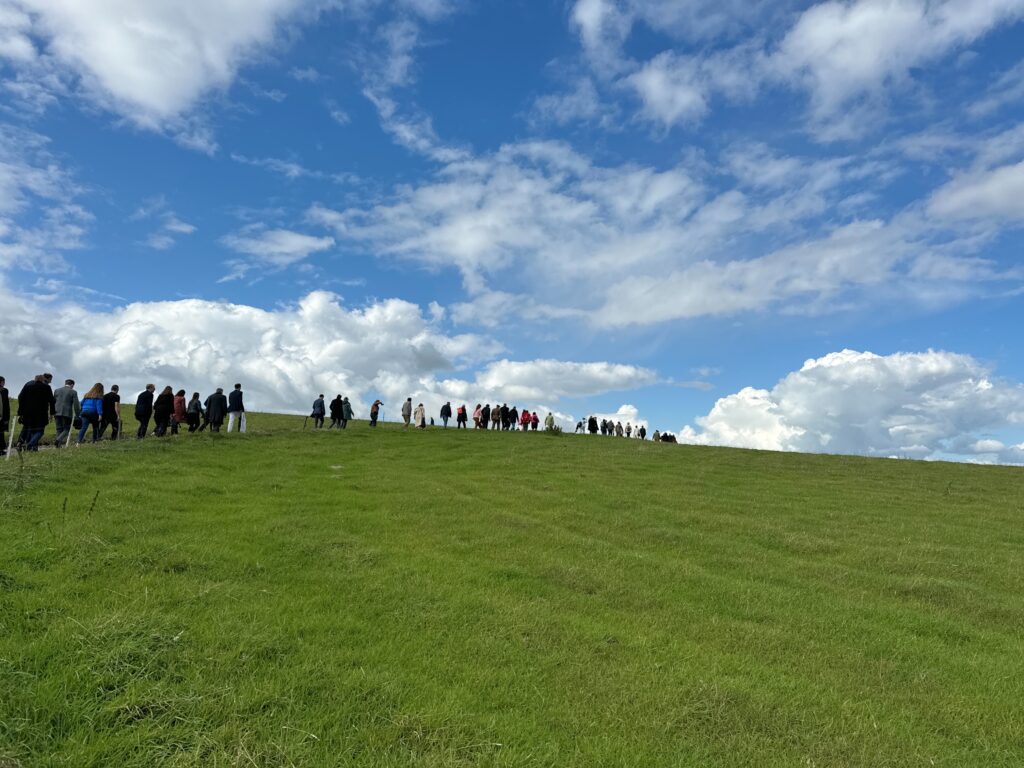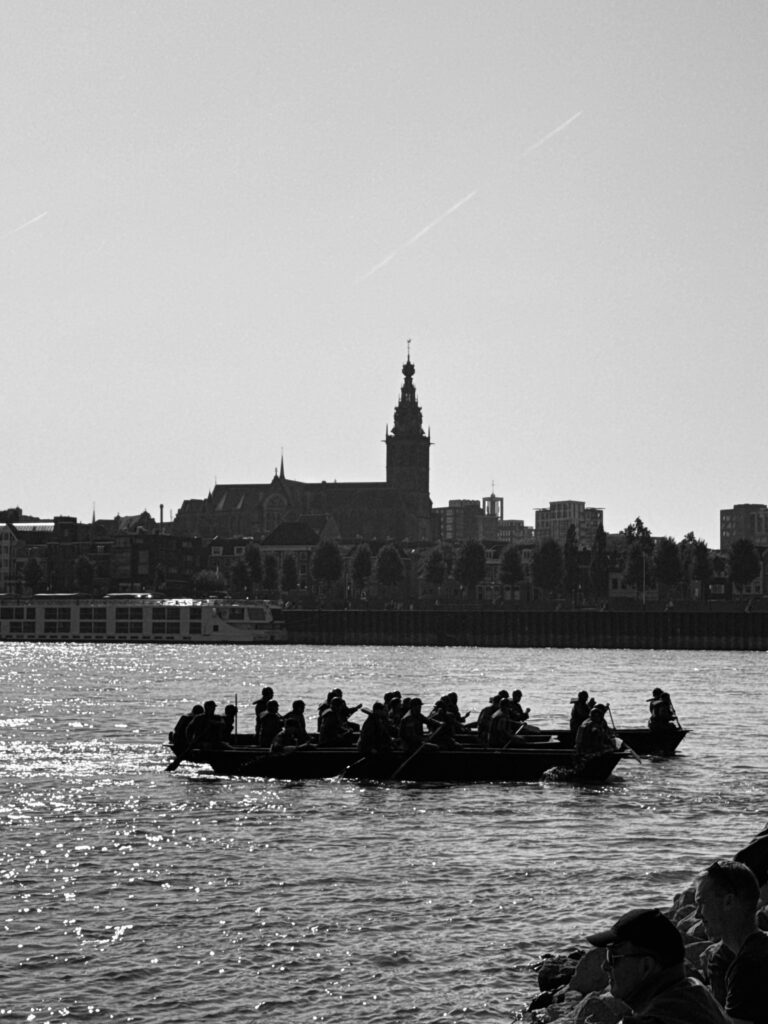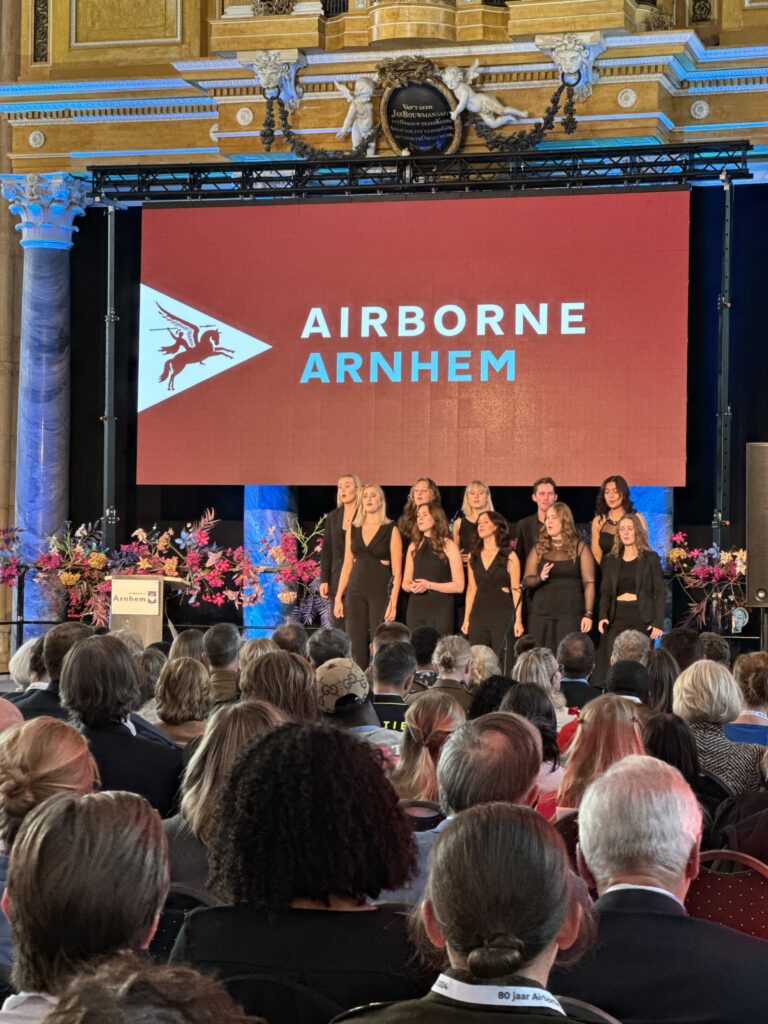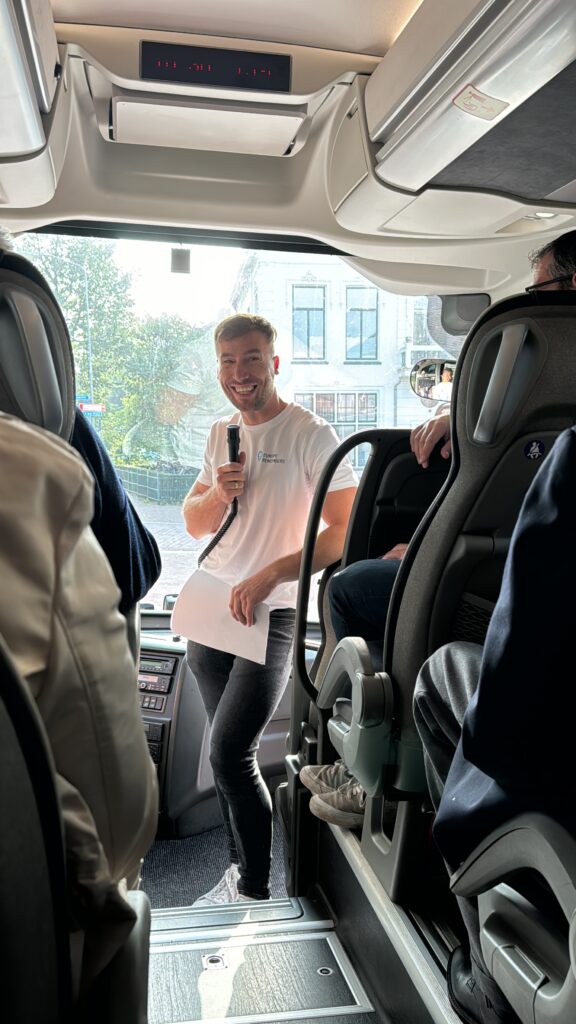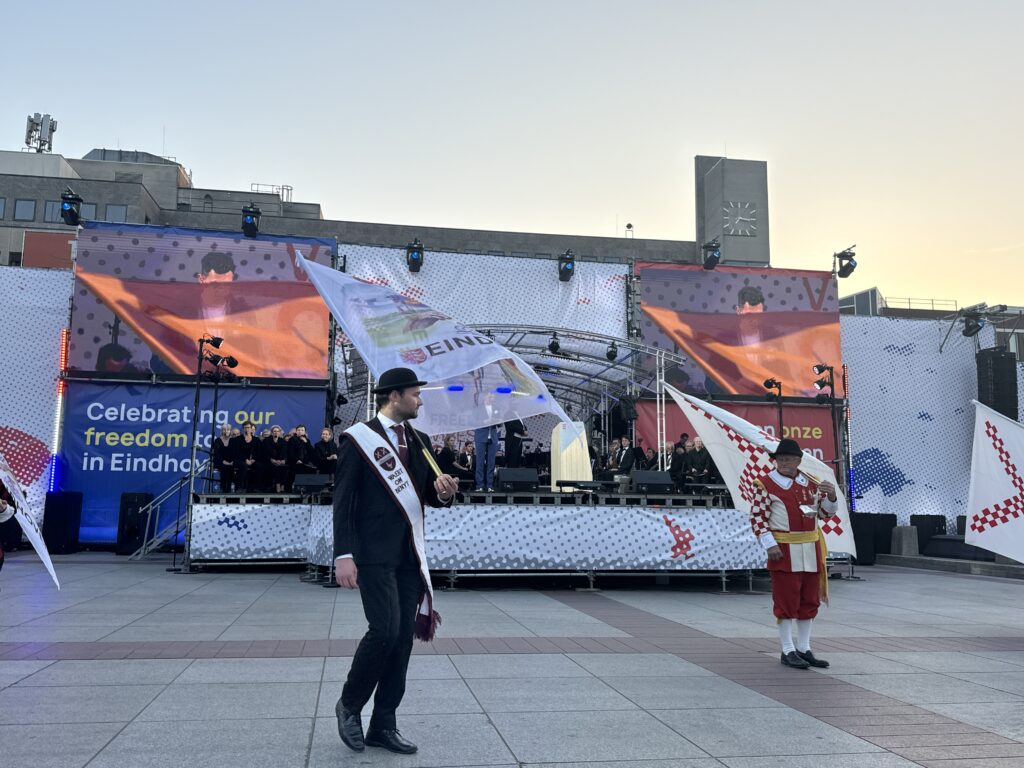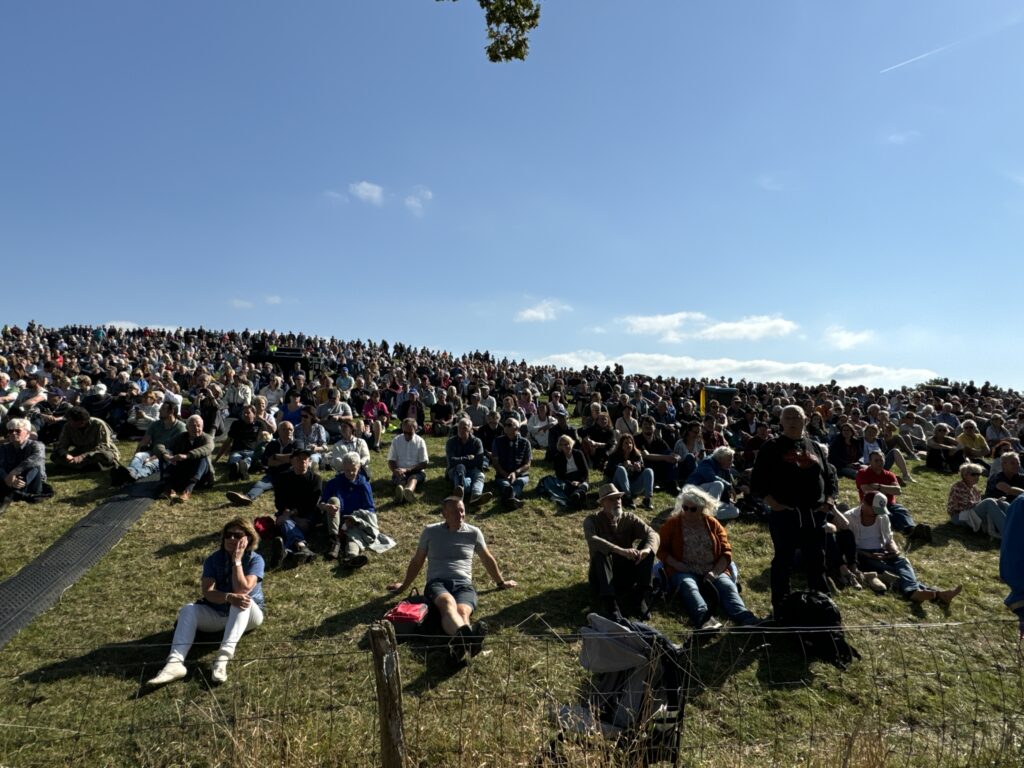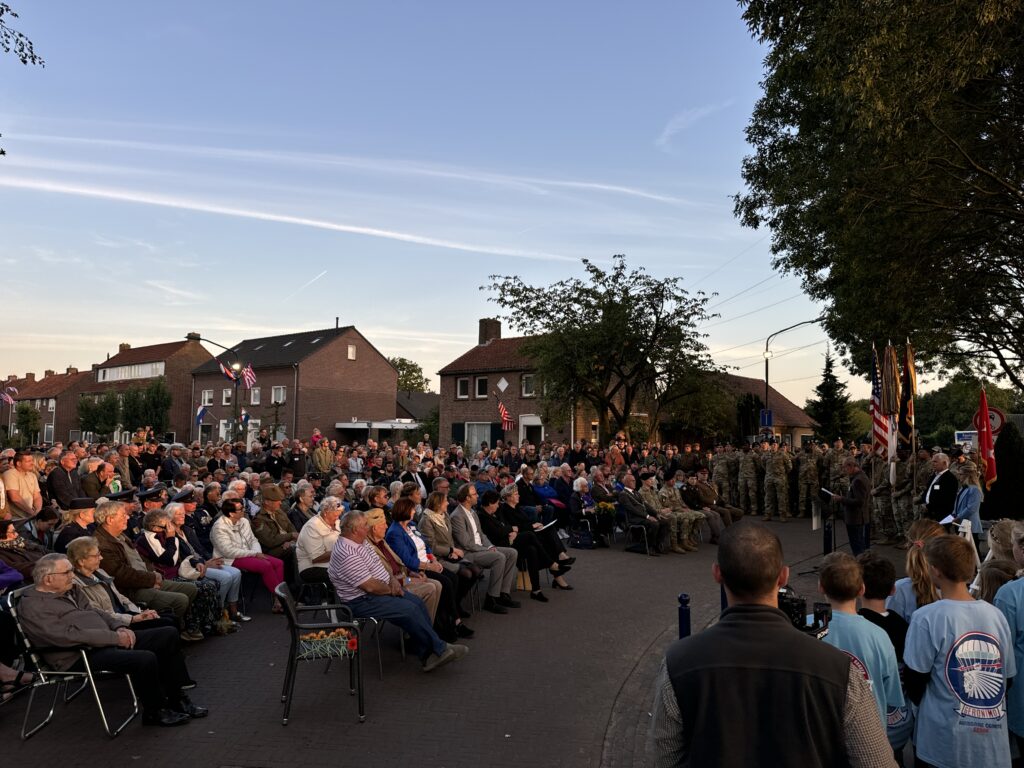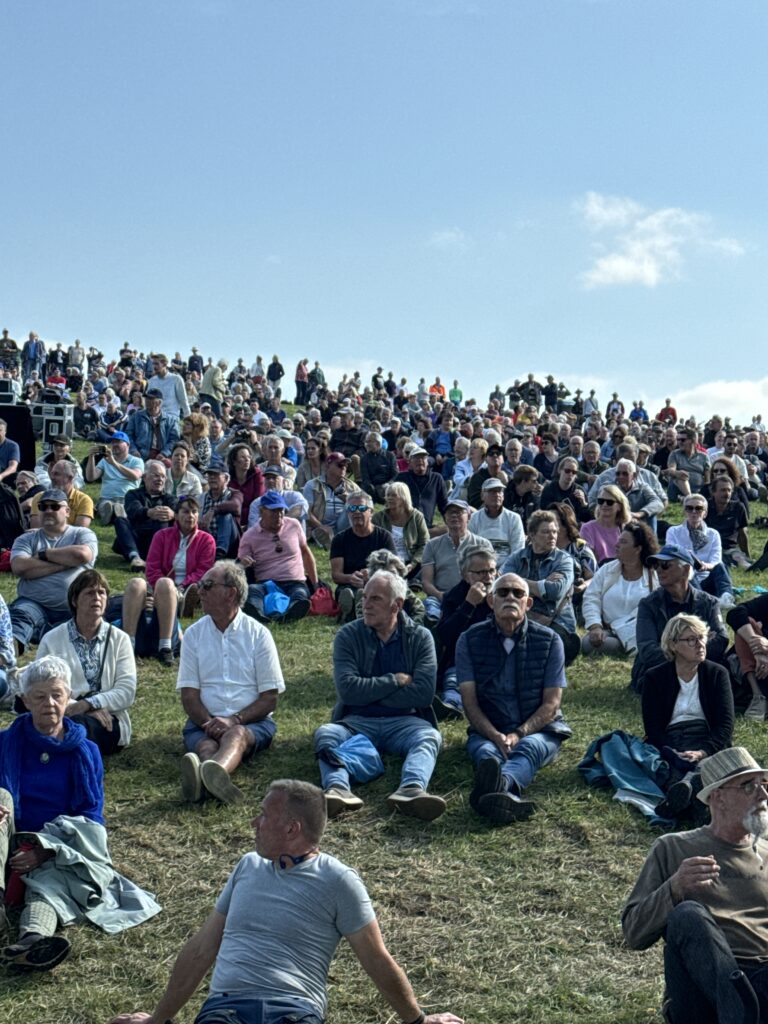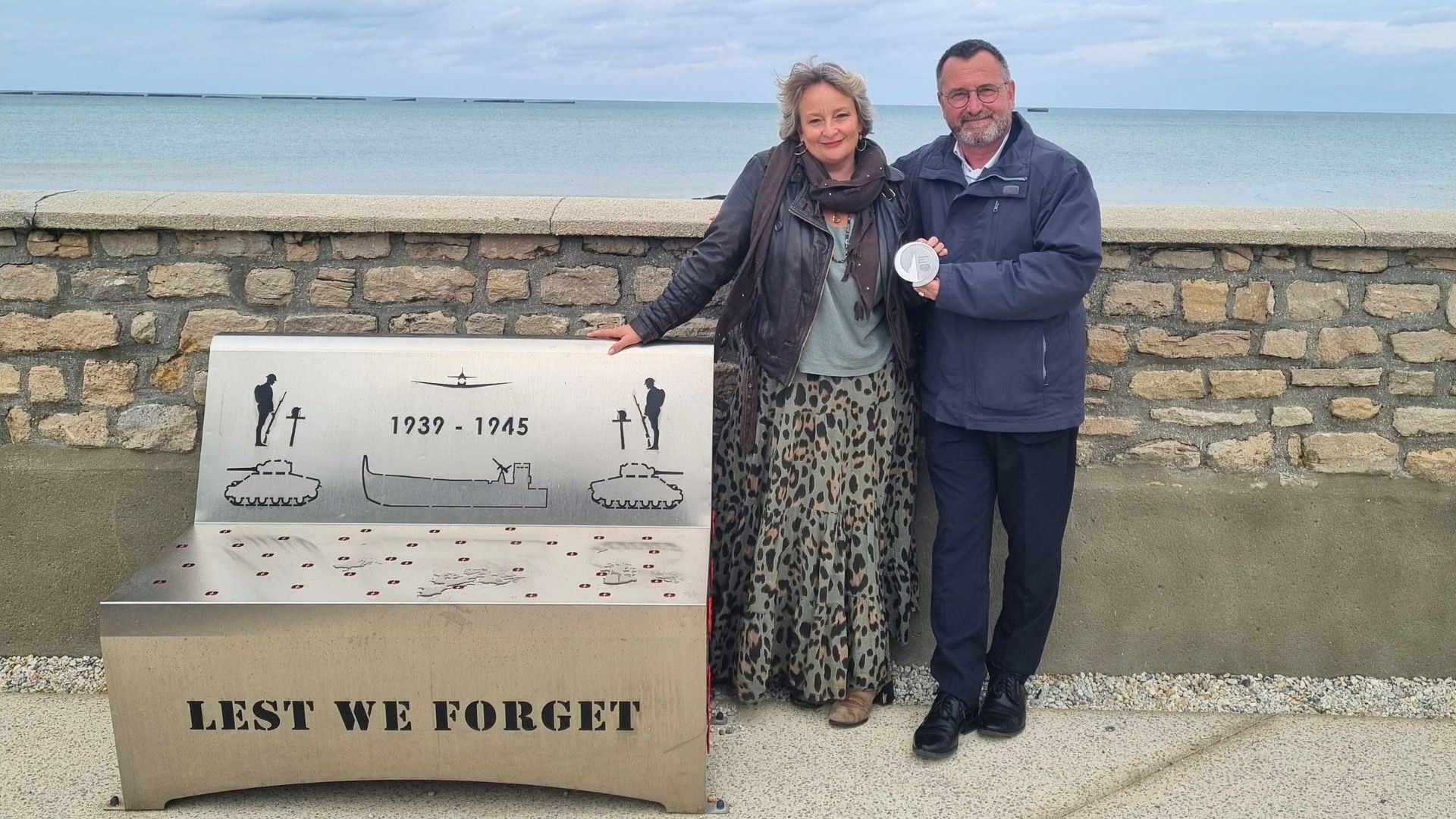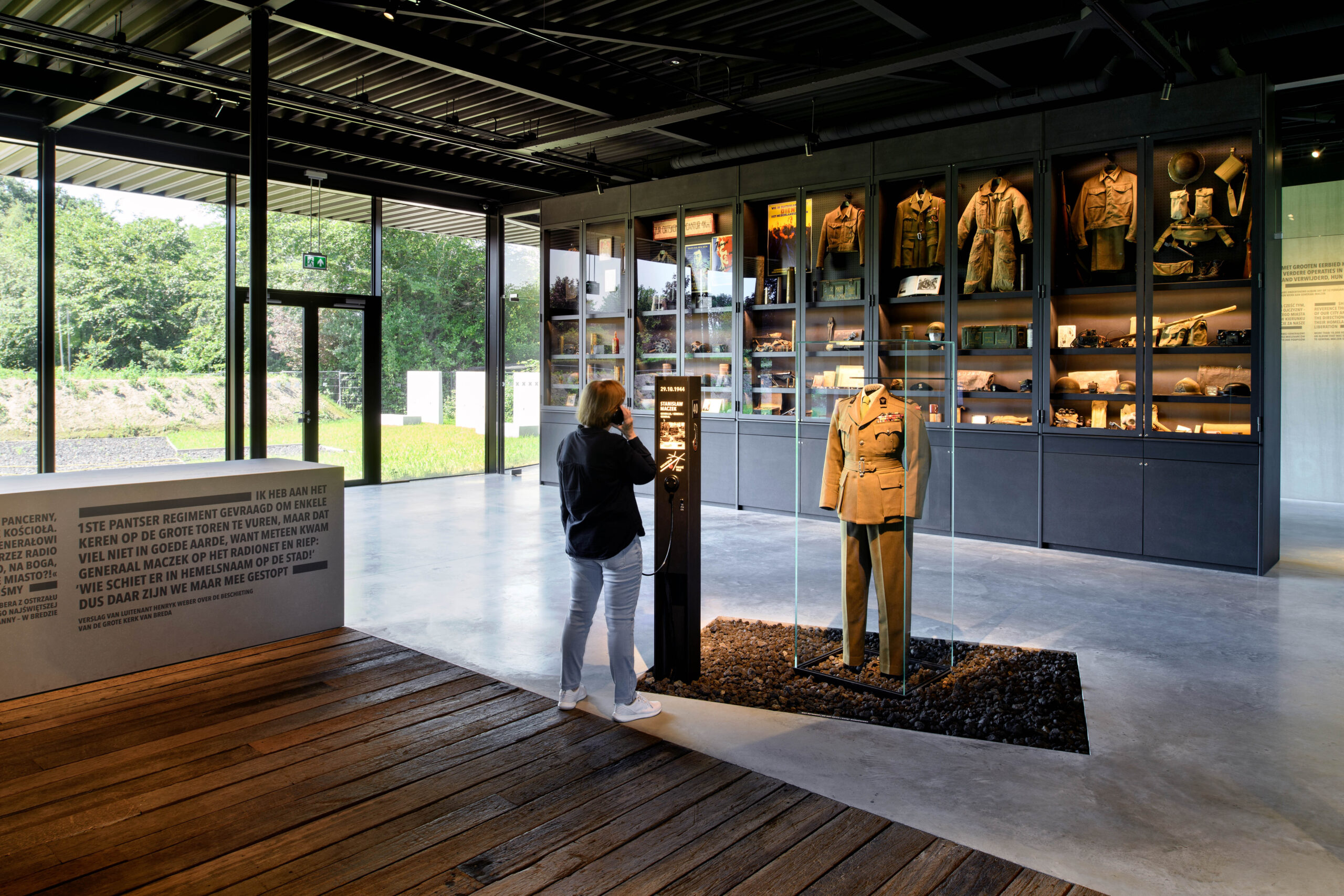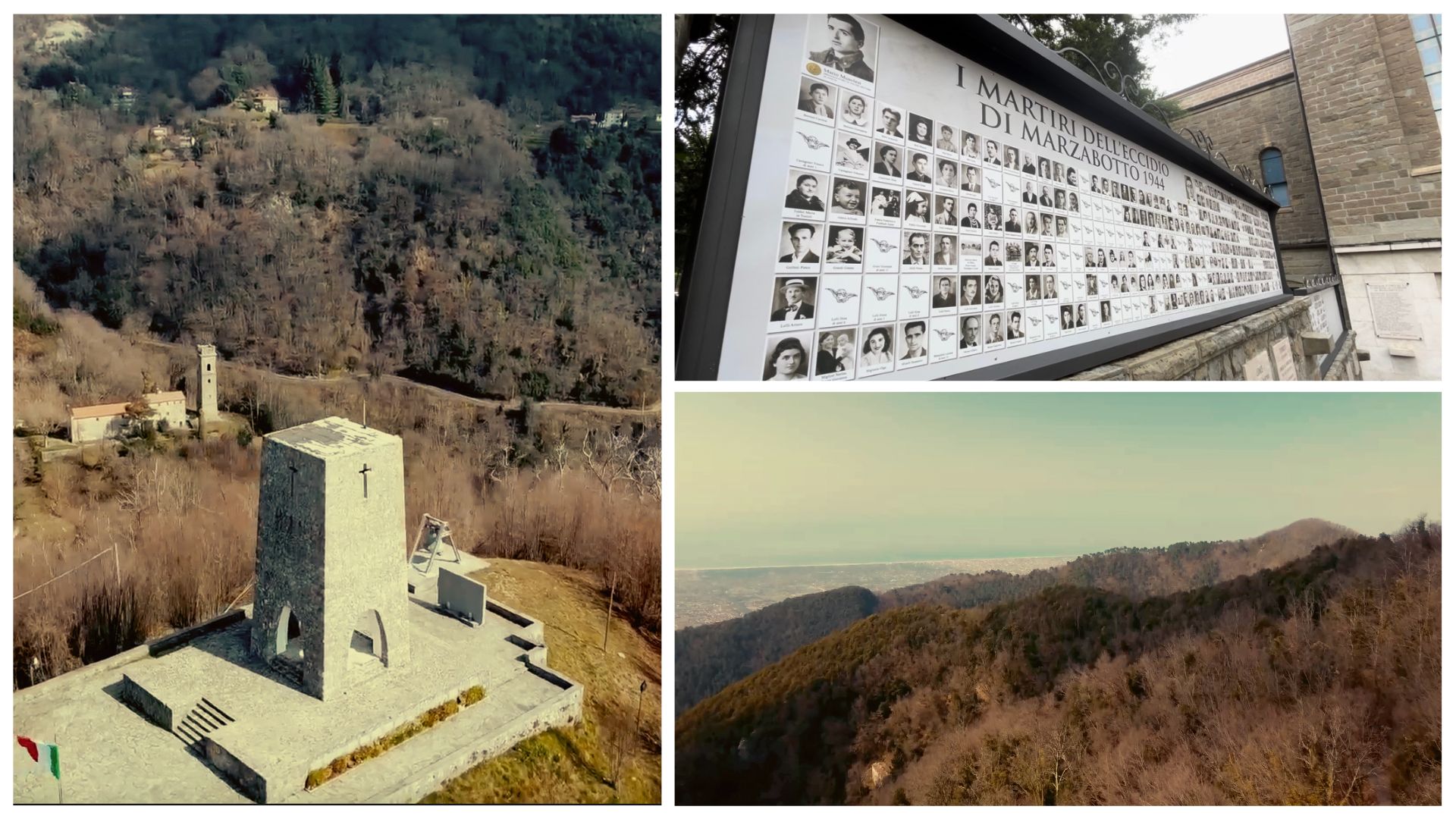We are thrilled to announce the launch of three new projects funded by the European Union, which will start later this autumn. The projects, developed jointly with several partners throughout Europe, will explore Second World War remembrance in the contexts of sustainable travel, art, and technology. All of them are funded by the European Commission’s Creative Europe programme, which strengthens the EU’s cultural sector every year by supporting diverse initiatives.
While the projects will come to life in the following months, here is an overview of their mission and composition.
Preserving the Past, Securing the Future: A Sustainable Approach to Cultural and Remembrance Heritage
This project aims to provide Second World War remembrance professionals with the tools and knowledge needed to adopt sustainable practices. As part of this initiative, we will organise capacity-building workshops to explore topics such as responsible tourism, sustainable development goals, and sustainable policies, practices and marketing strategies. Together with our project partners, we will also coordinate study visits, networking events and e-learning opportunities to encourage knowledge sharing and skills development. Key partners for this project include Mascontour (Germany), Campus Foundation (Italy), and the Juno Beach Centre (France).
Art of Remembrance
This project, developed in collaboration with Tempora (Belgium), the City of Bastogne (Belgium), La Coupole Museum (France), the Nuto Revelli Foundation (Italy), and the Sybir Memorial Museum (Poland), aims to bridge the gap between history and contemporary art. The initiative seeks to establish artist residencies at Second World War remembrance sites across Europe, offering a unique space for artists to engage with history through their creative process. Alongside the residencies, workshops and seminars will be organised, actively involving local communities in the artistic journey, aiming to bridge the gap between history and contemporary art. The resulting artwork will be showcased in travelling exhibitions, ensuring that the project’s outcomes reach a wide audience. These efforts will be further supported by an ambitious communication strategy, including publications and online platforms designed to make this work accessible.
AI Remembers
Through this project and together with project partners KERN IT (Belgium) and the University of Caen Normandy (France), we will aim to integrate artificial intelligence into the preservation and interpretation of Second World War heritage, exploring how modern tools and technologies can enhance the presentation of historical content. We will use the Liberation Route Europe (LRE), a Cultural Route certified by the Council of Europe, as a test case to implement and evaluate these technologies.
A central focus of the initiative is developing an ethical framework for the responsible use of AI in cultural heritage, ensuring that these innovations are applied with care and integrity. The project’s findings will be shared through workshops and collaborative events, fostering dialogue and knowledge exchange. Additionally, a comprehensive communication strategy will be implemented to ensure the results are widely disseminated to partners and the broader public.
The LRE Foundation is proud to collaborate with many esteemed institutions across Europe to bring history to life in ways that engage and resonate with modern audiences. We are equally honoured by the trust and support of the European Commission, which recognizes the value and importance of these projects for European WWII remembrance. A unique aspect of these initiatives is the opportunity they offer the entire LREF network: through a series of events and workshops, we will share insights and resources with other institutions across Europe.
Follow us on social media and subscribe to our newsletter to stay informed about project updates!
